The Chinese government has launched a nationwide review of research misconduct in response to Hindawi retracting thousands of papers by Chinese authors. China has the highest retraction rate globally, including conference papers, exceeding 20 per 10,000 articles. Hindawi, a subsidiary of Wiley, retracted over 8000 articles involving a Chinese co-author in 2023, a record-breaking year for retractions that resulted in Wiley announcing that it would stop using the Hindawi brand and fold the journals into the rest of its portfolio.
As part of the review, China’s education ministry will require universities to declare all retractions and report any misconduct. Universities will have to compile a comprehensive list detailing all academic articles from English and Chinese language journals in the past three years and why they were retracted. ‘It seems to me a good move to investigate retraction and scientific misconduct. This will certainly do good to improve the scientific environment,’ says Shu-Li You at the Shanghai Institute of Organic Chemistry.
The Chinese government is worried that the high number of retractions is damaging its academic reputation. In 2022, China was the world leader in scientific research output and ‘high impact’ studies, accounting for 23.4% of the world’s research output, according to a report published by Japan’s science and technology ministry. However, analysis conducted by Nature revealed that there were almost 17,000 retraction notices on papers with China-affiliated authors since January 2021.
Paper mills – illicit businesses that put together poor or fake journal papers that resemble genuine research and then sell authorship to them – pose a real threat to research integrity and the reliability of the scientific record. China is a major market for these fake papers and much of the mass retractions that have affected the scientific literature are the result of the discovery of paper mills. The Chinese government’s policies that see authors rewarded with promotions or financial incentives for the number of papers they publish have been cited as part of the problem. Publishers can struggle to weed out all the fraudulent articles and so the number of these papers is often underreported.
Largest investigation ever
While there have been investigations into batches of retracted papers in China before, this is the first time that such an investigation will be carried out at scale, and simultaneously by all institutions. ‘We recognise this effort by the Chinese government to address this issue at scale, and we encourage all stakeholders to scrutinise the motivations underpinning these research integrity challenges,’ a spokesperson for Wiley tells Chemistry World. However, the timing is a concern as the tight deadline, especially after the lunar new year and the winter break, makes it hard for the universities to submit their findings, having only been given slightly less than three months to complete this self-review.
‘The monetary incentive makes it worse. Indeed, it is a systematic problem that the purpose of research is not to advance knowledge but to gain promotion and money,’ adds Fei Shu, a research consultant at Hangzhou Dianzi University. The ministry has emphasised the seriousness of this measure with penalties for researchers failing to declare retracted papers with an explanation, such as image manipulation or honest mistakes. While the punishment for non-compliance has not been announced, prior consequences for misconduct have included salary cuts, withdrawal of bonuses and demotions. Shu is sceptical on the effectiveness of these deterrents saying that ‘the only solution is to build a new research assessment system on the basis of merit itself rather than counting the number of publications’.
The ministry has not said what it will do with the findings. ‘If no further action is required by the [education ministry], it will be forgotten after the Chinese new year break,’ adds Shu. ‘I really hope such a move will promote the scientific community worldwide to pay more attention on the scientific misconduct and to take actions too,’ says You.






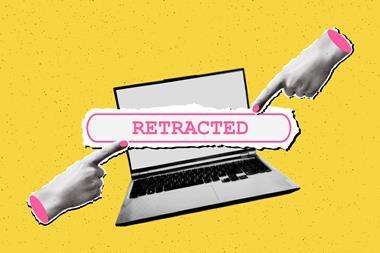
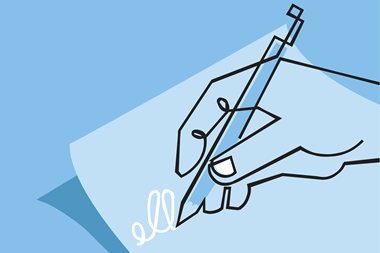
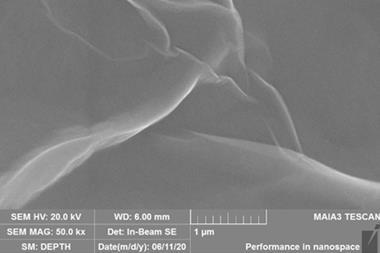
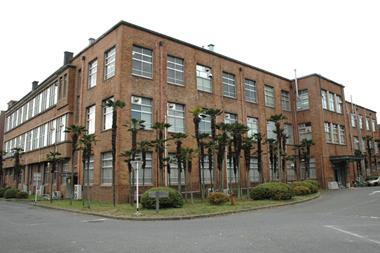
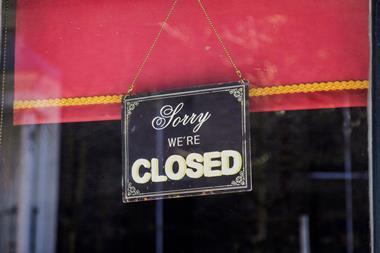






No comments yet